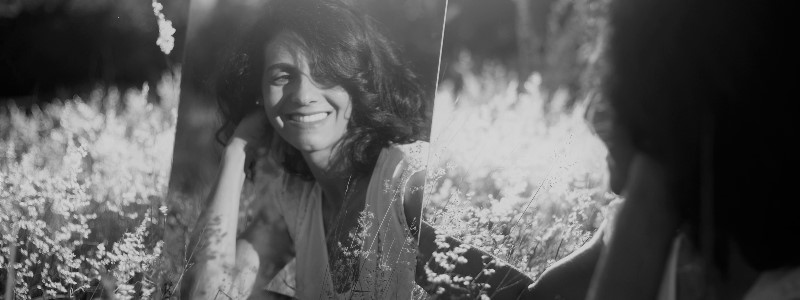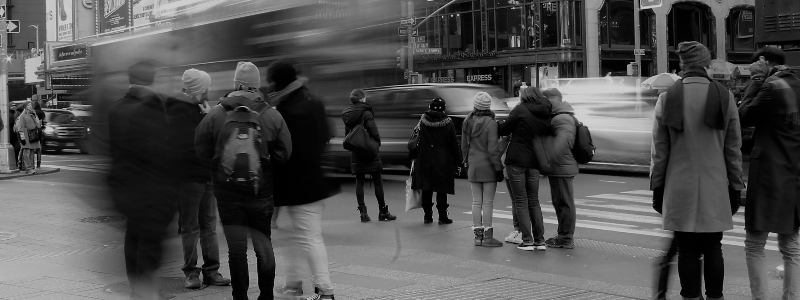(Adapted from a presentation given at the SEA conference November 2022) – (Part two)
Speaking of life itself as a movement of becoming. Have we forgotten the isness and replaced it with beingness, an allegedly unified subject of self-consciousness, contained and stuck within a name or a label? Must knowledge be part of it, must we always think our way in?
Does that remind you of anything? The masculine economy of desire tells us I think therefore I am (Descartes, 1998). It invites us to believe in the binary. But Nietzsche (1886/1978) tells us differently. He gifted us multiplicity, and music to dance to. He invited us to affirm life beyond the narrow confines of self-preservation: to play with all the dynamic forces and tensions.
Perhaps generosity is a type of life force? Bazzano (2019) says, in Nietzsche there is no individual will to power but “power understood as a generous expenditure” (p.95). But generosity is often suppressed in favour of rigid identities. In current culture it seems the human animal is seen as depending upon an idea of self, perhaps influenced by patriarchal forces. Discourses of subjectivity rely on notions of individuality, autonomy, and self-preservation. The different other often becomes a threat as does the potential for an unstable, non-unified experience of self.
And what about suffering? Are we allowed to suffer anymore? Is that not sometimes where the gift of transformation lives? Yes there is a paradox here, as Nietzsche (1974) writes, suffering is markedly personal because it is an aspect of self-expression, in time. In which the very process calls us forth to reshape and become; reinterpreting the past through healing and releasing what was and opening to the new. However, don’t we all rely on each other for that too?
Helene Cixous (1991) tells us “only when you are lost can love find itself in you without losing its way” (p. 39). This feels important to me. In Renshaw’s interpretation, Cixous seems to refer to “the very structure of desire that is made
possible in a non-possessive, feminine relation to difference. She goes on to say:
“Only when we are lost to ourselves, to the extent that being a self means being one and unified, are we opened to the possibility of a becoming that is expansive, abundant, and opened to the indeterminable difference of the other. Only then can love descend upon us the way it wants, in one of its bewitching, magical and divine forms” (p.183)
In her essay, The newly born woman, Cixous (1986) writes of the feminine economy of desire as a notion able to grasp the abundant and often incongruent aspects of desire, refusing to “exclude the contradictory, and the ability to
embrace a cycle of relations that are constituted in movement …never static …marked by movements, towards, away and elsewhere” (p.125).
There is much to consider here. In her book, ‘The Subject of love’ (2009, p.6), the academic Sal Renshaw offers us some questions to ask ourselves.
Perhaps we can explore them together.
“Can we love as a gift that does not return?
What would it take to love the other as other, neither to refuse nor to embrace the
other but to create a space in which the other is met, is brushed against, is
perhaps felt as well as seen”
Can we live our subjectivities in a way in which love emerges in the in-between,
not as something the ‘I’ does or has, but rather as something that happens to us,
that emerges, in the very space of meeting?
What kind of being or becoming, does it take to love the other in their otherness
and not to sacrifice oneself in doing so?
What kind of relations to and between subjectivities make possible a generous
meeting in difference?”
Part one of this blog can be found here.
To enquire about psychotherapy sessions with Susanna, please contact her here, or to view our full clinical team, please click here.
Susanna Petitpierre, BACP Registered, is an experienced psychotherapeutic counsellor, providing long and short term counselling. Her approach is primarily grounded in existential therapy and she works with individuals. Susanna is available at our Brighton and Hove Practice.
Further reading by Susanna Petitpierre –
Some Existential Musings on Love, Generosity, and the Relation Between Self and Other? (part one)
On living as becoming (part two)
On living as becoming (part one)
Some thoughts on becoming (part two)
Some thoughts on becoming (part one)
References –
Bazzano, M. (2019). Nietzsche and Psychotherapy. Oxon: Routledge.
Carson, A. (1998). Eros: The Bittersweet. Illinois: Dalkey Archive Press.
Cixous, H. (1986 [1975]). ‘Sorties’. Trans. Betsy Wing. In Helene Cixous and Catherine Clement. The Newly Born
Woman. Minneapolis: University of Minnesota Press.
Descartes, R. (1998). Discourse on Method. Indianapolis: Hackett Publishing.
Merleau-Ponty, M., (2012) Phenomenology of Perception. Oxon: Routledge
Nietzsche, F. (1886/1978). Beyond Good and Evil: Prelude to a Philosophy of the Future, trans. R.J. Hollingdale. London:
Penguin.
Nietzsche, F. (1974). The Gay Science. Trans. Walter Kaufmann. New York: Random House.
Renshaw, S., (2009). The subject of love. Manchester: Manchester University Press.














